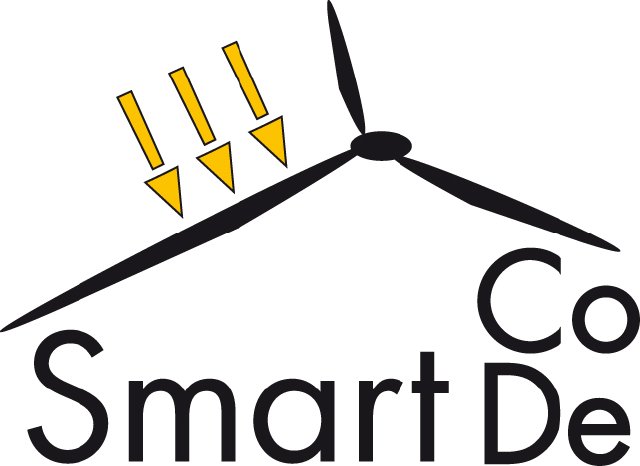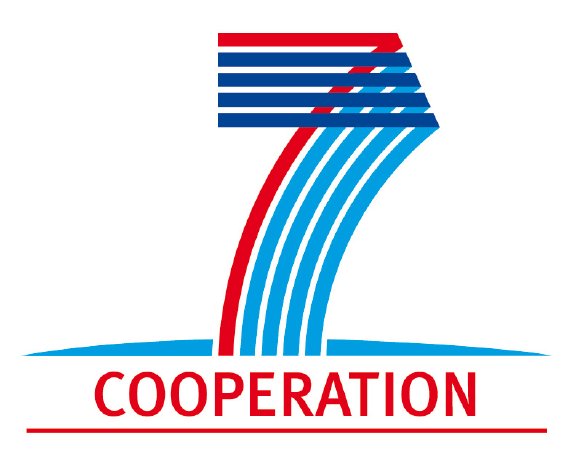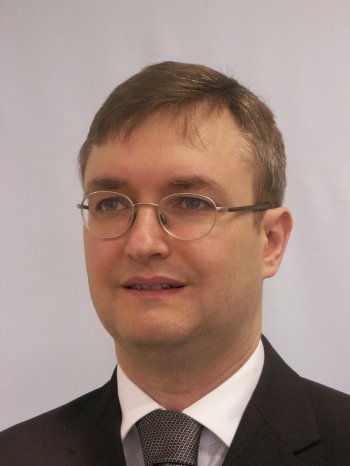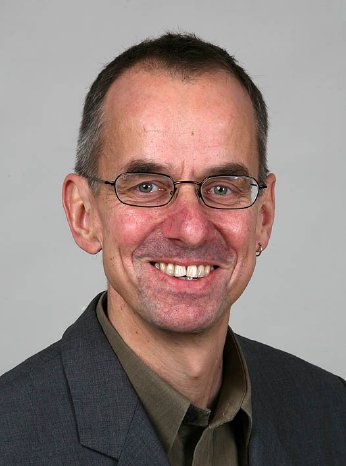SmartCoDe could significantly cut standby energy consumption by up to 10 percent, while residential demand side management could reduce energy consumption by up to 16 percent. This compares very favourably with the 10 percent to 30 percent savings achieved by today’s energy management approaches, which are cost-effective only in single, high-consumption commercial sites.
Prof. Dr. Christoph Grimm, SmartCoDe scientific coordinator at the Technical University of Vienna, said “The outcome of this ‘think globally, act locally’ project will reduce overall energy intensity and simultaneously enable residences and small commercial premises to profit from an open European electricity market. Moreover, it would further consolidate Europe’s position in information and communication technologies”.
On the demand side, SmartCoDe aims to schedule the use of energy or to switch energy using products (EuP) into standby, where customer requirements permit. A SmartCoDe system would thus enable individual consumers to participate in the energy market as an intelligently-managed “sub-grid”.
On the supply side, SmartCoDe’s smart energy management is intended to mitigate or even eliminate local energy grids’ unpredictability of supply – an unpredictability that mandates the continued use of the main grid to guarantee supply, especially during peak periods. A significant increase in the predictability of supply would allow local energy grids to participate in the energy market as both consumers and reliable energy suppliers.
Peter Neumann, SmartCoDe overall project coordinator at edacentrum, said “Current energy management approaches are designed for big producers and big consumers. With an energy management cost of hundreds of Euros per managed device, these approaches are out of the question for residential and small commercial needs. The SmartCoDe project aims to reduce the cost of management to a tiny fraction of what it is today”.
In addition to the consumer cost factor, SmartCoDe’s energy management device is intended to meet three other criteria critical to the successful deployment of advanced energy management techniques in consumer environments, namely:
- A small form factor that integrates readily into as many types of household appliance as possible.
- A wireless communications infrastructure that enables communication and co-ordination between all energy sources, allowing sources to “announce” their availability.
- High-grade data security akin to that of “SmartCard” technology.
SmartCoDe is a 7th Framework Program (FP7) project funded by the European Commission. Its primary mission is to balance and reduce the energy consumption of small buildings and neighbourhoods and pave the way to energy-neutral / energy-positive local grids. The project, which commenced in January 2010, is a three-year Specific Targeted Research Project (STReP) funded under the programme "ICT-2009", in the area "ICT support to energy-positive buildings and neighbourhoods". It includes eight partners from five European countries, with the following responsibilities:
Ardaco, a.s., Slovakia: Secure data transmission, secure communication
edacentrum GmbH, Germany: Project coordination, dissemination of results, web portal
ennovatis GmbH, Germany: Energy management systems
Infineon Technologies Austria AG: System integration, system-on-chip (SoC), system-in-package (SiP)
Quiet Revolution Ltd., U.K.: Small-scale energy generation (wind turbines), energy forecasting
Tridonic Atco GmbH & Co KG, Austria: Lighting and building automation
University of Novi Sad, Serbia: Energy management software
Vienna Technical University, Austria: Modeling and design of wireless sensor networks
The team’s deliverables – which should be complete by the end of 2012 – include:
- Advanced power management methodology
- Abstract models of a local energy cluster, EuP, and decentralised wind turbine
- Executable specification and architectural models of the energy management device (SoC/SiP)
- SmartCoDe demonstration
- Energy (wind) generation forecasting methodology
For more information, please see http://www.fp7-smartcode.eu/




